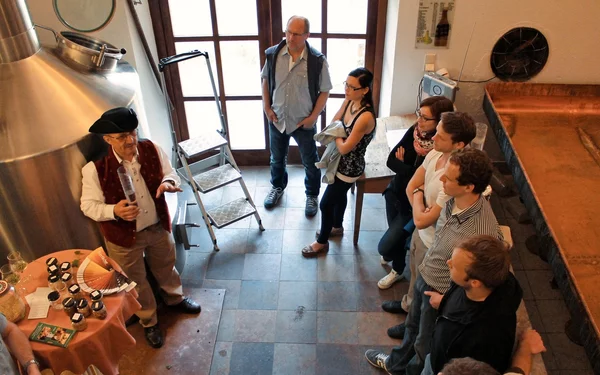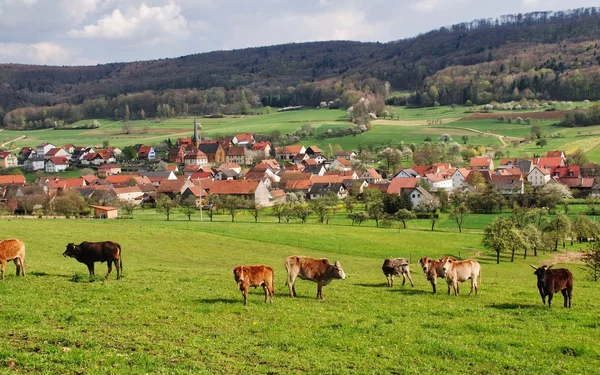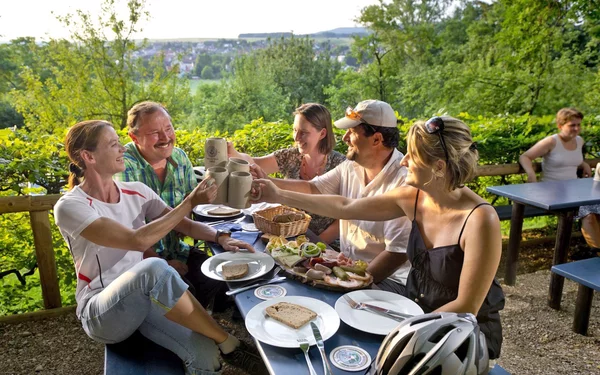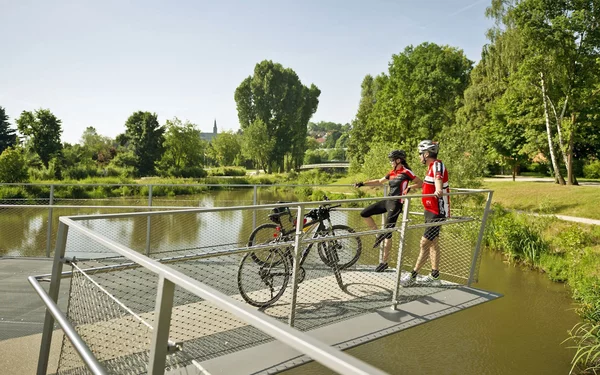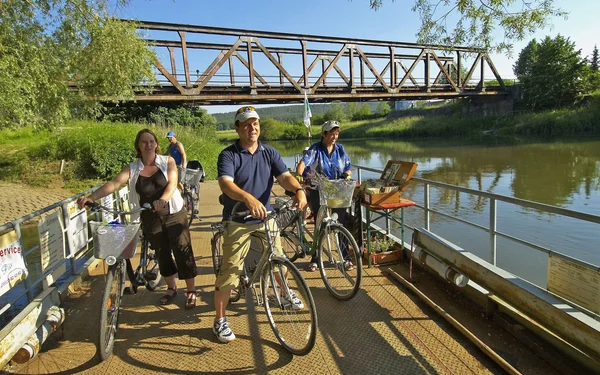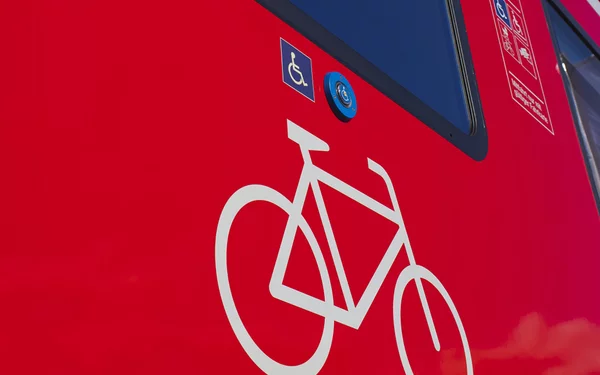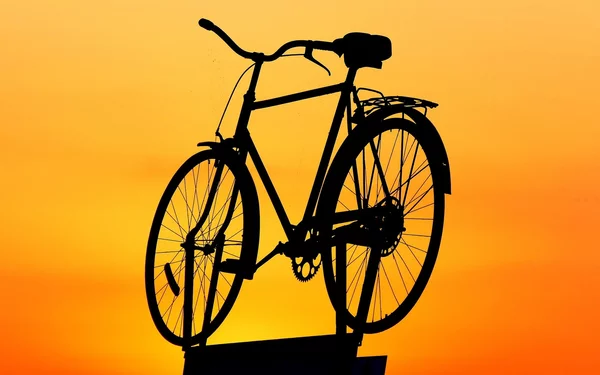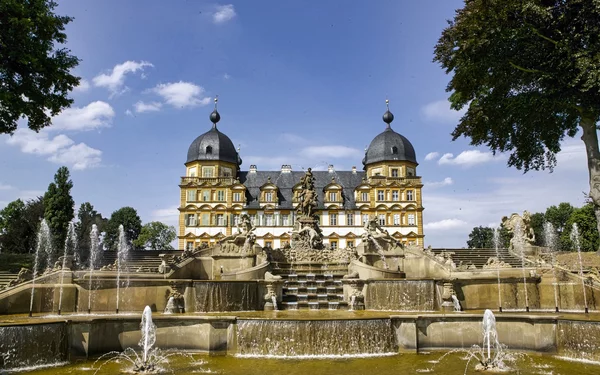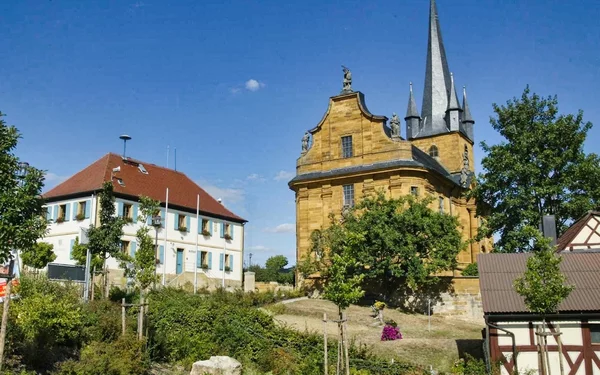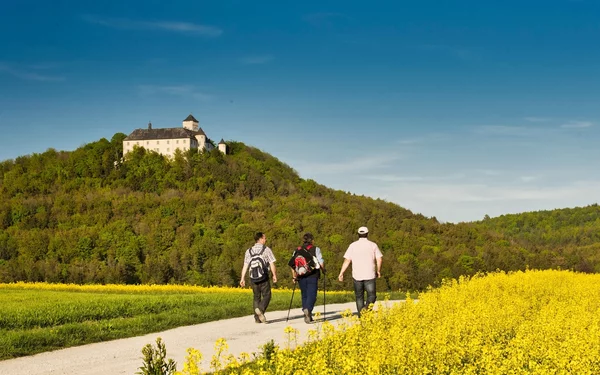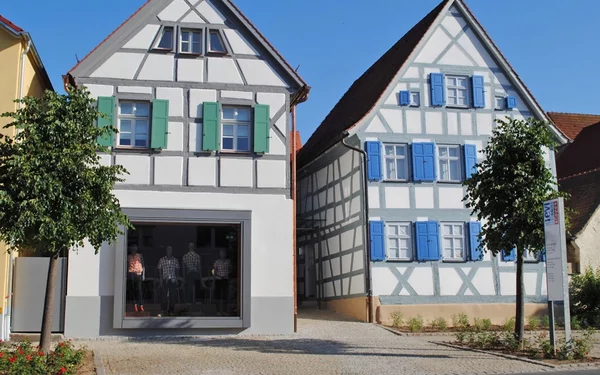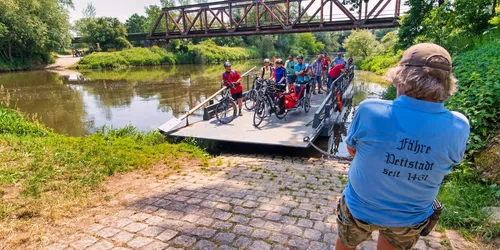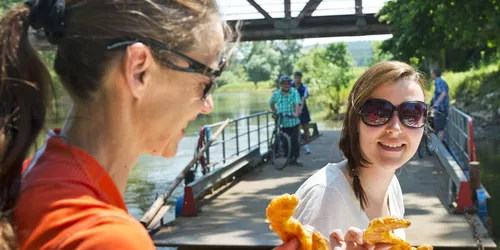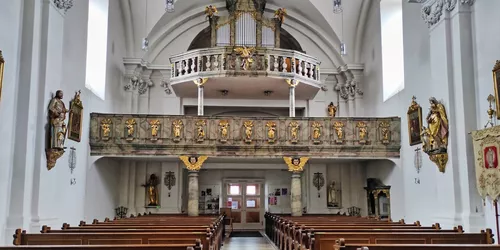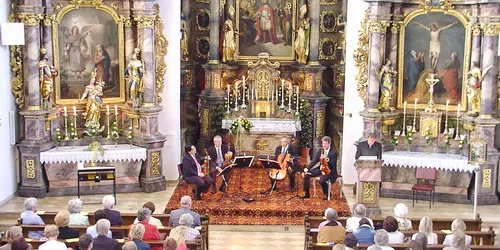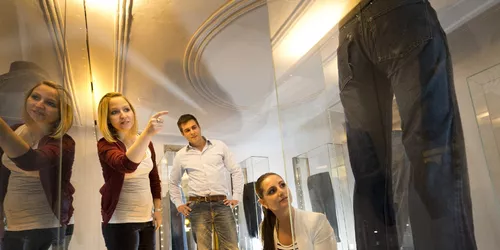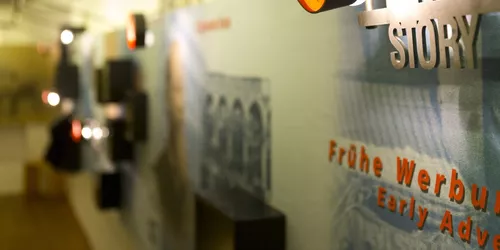By e-bike through the Bamberg countryside
Get on your bike and off you go to beer, baroque and Levi Strauss. Baroque splendour, a feast for the eyes and a variety of culinary delights await you on this e-bike tour.
Bamberg
6 h
69 km
Baroque splendour, scenic feasts for the eyes and a variety of culinary delights await you on this e-bike tour through the Bamberg region. Cultural treasures are harmoniously embedded in the landscape like gemstones in a piece of jewellery. For example, the baroque Seehof Castle near Memmelsdorf or the romantic Greifenstein Castle near Heiligenstadt. Other highlights: a visit to the inventor of jeans at the Levi-Strauss Museum in Buttenheim and the only yaw ferry in Upper Franconia across the Regnitz near Pettstadt.
The route leads from Bamberg railway station out of the city over the hills of the Franconian Alb to the Leinleitertal valley and through the Regnitz valley back to Bamberg.
The route is mostly away from busy roads on tourist cycle routes. The excursion is rounded off in the Bamberg World Cultural Heritage Site with the cathedral, the Old Court, the New Residence, the Inselrathaus and the historic old town with its numerous inns and beer cellars, where you can fortify yourself at the end of an eventful day with Franconian brewing and cookery.
A cycle tour for nature lovers, culture vultures and connoisseurs
Arrive relaxed and hire bikes from the local hire companies. The capacity for taking bikes on the trains is limited and it is not possible to guarantee that you will be able to take your own bike with you, depending on capacity utilisation.
Start and end station
Start station
Bahnhof Bamberg
7 tour steps
69 km / 6 Stunden
End station
Bahnhof Bamberg
Our tip: Please make sure to check your train connection and the expected capacity before you start your journey.
Schedule
Tour starts on Bahnhof Bamberg
Direction
An der Regnitz
96175
Pettstadt
Direction
Direction
Direction
Direction
Direction
Direction
Marktstraße 33
96155
Buttenheim

